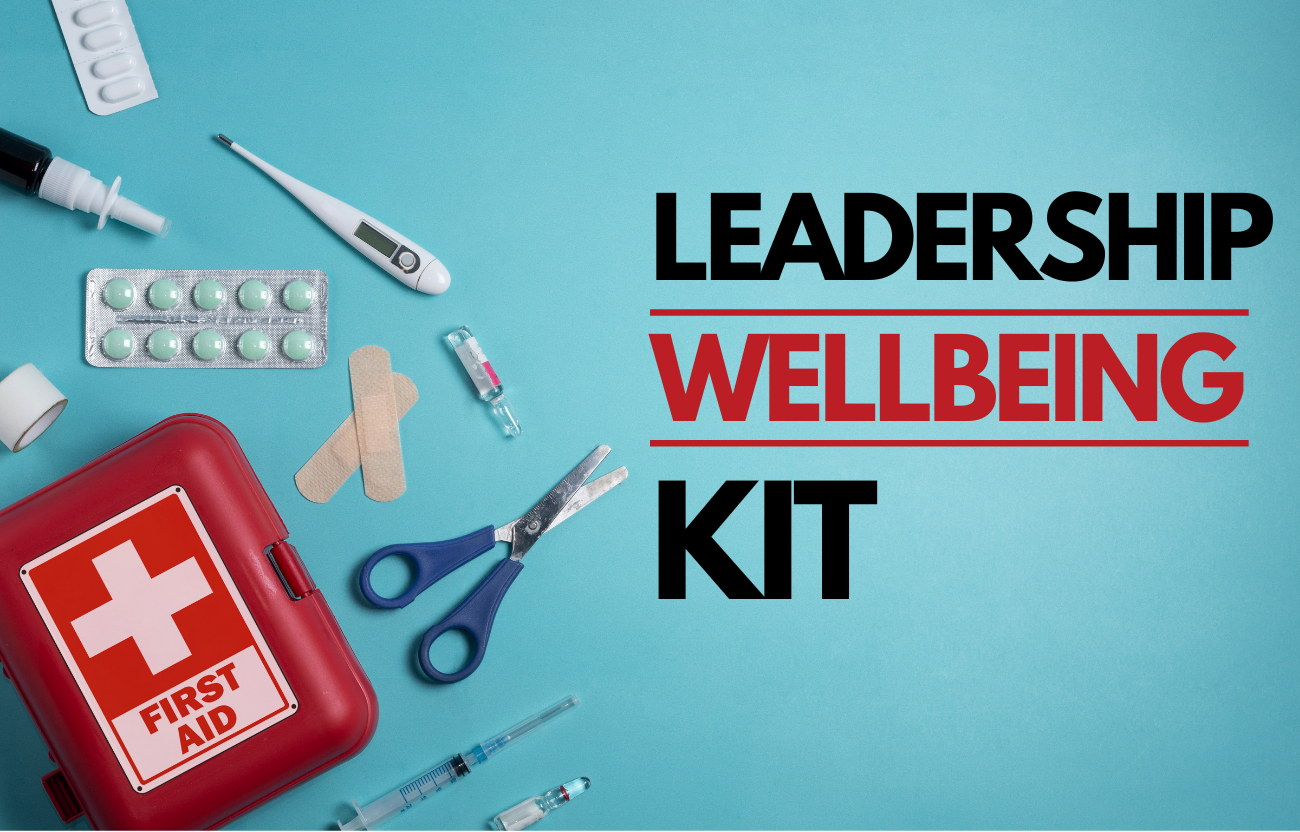This Mental Health Awareness Month, many are seeking answers to improve their well-being. Could the missing link you’ve been searching for lie within your Emotional Intelligence (EI)? The EQ-i 2.0 assessment highlights four key subscales – Self-Regard, Optimism, Interpersonal Relationships, and Self-Actualization – often grouped under “Happiness,” that are powerful contributors to our mental health. Let’s explore how nurturing these aspects of your EI could be the key to unlocking greater contentment and resilience.
1. Self-Regard: The Often-Overlooked Foundation of Self-Acceptance for Mental Health
If you’ve been struggling with self-criticism and anxiety, a stronger sense of Self-Regard – often an overlooked aspect of mental health – could be the missing foundation. Self-Regard refers to your ability to respect and accept yourself, possessing a sense of inner strength and self-confidence. It’s about valuing your own worth, even your imperfections and challenges.
Why it might be the missing link: When you have healthy self-regard, you’re less likely to be overly critical of yourself or dwell on perceived shortcomings. This fosters a more positive internal dialogue and reduces feelings of anxiety and self-doubt, contributing directly to contentment and a stronger sense of mental well-being. A strong sense of self-worth provides a stable foundation for navigating life’s ups and downs and protecting your psychological health – a foundation that might be the very piece you’ve been searching for.
2. Optimism: The Potentially Untapped Power of a Brighter Horizon for Mental Health
Feeling weighed down by negativity? Perhaps the missing link is cultivating Optimism. This EI subscale, characterized by a positive outlook on life and a belief in a favorable future, can be a powerful yet sometimes underestimated buffer against stress and adversity, which are key factors affecting mental health.
Why it might be the missing link: An optimistic mindset can significantly buffer against stress and adversity. When you believe things will get better, you’re more resilient in the face of setbacks and more likely to take proactive steps towards positive change. This hopefulness fuels motivation and contributes to a greater enjoyment of life, even during difficult times, supporting overall psychological well-being – a brighter perspective that could be the key to lifting your spirits.
3. Interpersonal Relationships: The Essential Connection Often Missing in Mental Health Struggles
Loneliness and isolation are significant mental health challenges. Could the missing link be the strength of your Interpersonal Relationships? This EI subscale represents your ability to develop and maintain mutually satisfying relationships characterized by trust, empathy, and emotional connection.
Why it might be the missing link: Humans are inherently social beings, and strong, supportive relationships are essential for our emotional and mental health. Feeling connected to others provides a sense of belonging, reduces feelings of loneliness and isolation, major contributors to mental health challenges, and offers a crucial buffer against stress. Positive interactions and mutual support contribute significantly to our overall happiness and life satisfaction, bolstering psychological resilience – a vital connection that could be the missing piece in your support system.
4. Self-Actualization: The Overlooked Path to Purpose and Meaning for Mental Health
Searching for meaning and purpose? The missing link to a deeper sense of fulfillment and positive mental health might lie in Self-Actualization. This EI subscale involves the ongoing pursuit of personal growth, meaning, and purpose in life. It’s about striving to realize your potential, engaging in activities that are meaningful to you, and feeling a sense of fulfillment.
Why it might be the missing link: When we actively pursue our goals and live in alignment with our values, we experience a greater sense of purpose and satisfaction, which are crucial for positive mental health. This sense of meaning fuels motivation, enhances self-esteem, and contributes to a deeper and more sustained sense of well-being. The journey of growth and self-discovery is inherently rewarding and supports long-term psychological health – a sense of purpose that could be the key to unlocking greater fulfillment.
The Interconnectedness: Could This Holistic Approach Be the Answer?
The beauty of these four EI subscales is that they aren’t isolated fixes; they work together. Strengthening your self-regard can fuel the optimism needed to build stronger relationships, which in turn can support your journey of self-actualization – creating a positive cycle that might be the holistic approach your mental health has been seeking.
This Mental Health Awareness Month, ask yourself: Could one of these areas of my emotional intelligence be the missing piece in my pursuit of greater mental well-being?
- Have I truly considered the impact of my Self-Regard on my overall contentment?
- Could cultivating more Optimism shift my experience of daily challenges?
- Have I underestimated the power of nurturing my Interpersonal Relationships for my emotional health?
- Is actively pursuing Self-Actualization the missing sense of purpose I’ve been searching for?
By consciously exploring and nurturing these aspects of your emotional intelligence, you can actively cultivate greater happiness, resilience, and overall mental well-being, not just this month, but throughout your life’s journey. Perhaps the missing link to a healthier, happier you has been within you all along.


